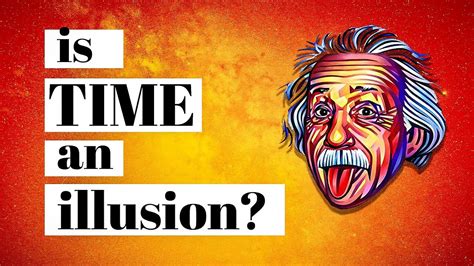In the realm of quantum mechanics, a controversial new theory suggests that time might not be as fundamental as we have long believed. Rather than being an intrinsic aspect of the universe, time could be an emergent phenomenon resulting from quantum entanglement. The concept of time being an illusion challenges our conventional understanding, but also sparks vibrant dialogue among physicists and philosophers alike.
One of the key arguments stems from the Page and Wootters (PaW) mechanism, introduced several decades ago. This proposal offers a model where time is operationally defined through the entanglement of a quantum system and a clock. Within this framework, time is not an external parameter but a quantum observable, implying that the flow of time emerges from the systems’ entanglement. This notion is both mind-boggling and deeply thought-provoking.
The discussions around this theory have brought to light various perspectives on the nature of time. For instance, a significant critique posed by users highlights the inherent circular reasoning in defining a clock—a device that, essentially, ‘keeps time’. This circularity calls into question the foundational aspects of the proposed models. Yet, others view this as merely a methodological approach that does not diminish the potential validity of considering time as an emergent property.
Consider [this comment](#) from user coldtea, who draws a parallel between time and color: ‘Same way we can assume things about color, but still come to the conclusion that the qualia of color are just manufactured in our brain, and that the reality behind color, as far as the universe is concerned, is electromagnetic radiation at various frequencies.’ This highlight raises critical questions about our subjective experience of time versus its objective reality.
For further insights into the philosophical implications of such ideas, one might look into the works of thinkers like Alan Watts. His lectures often delve into concepts of interconnectedness and the nature of reality, which can complement the scientific viewpoints. Watts, known for his poetic descriptions of human consciousness, offers a valuable perspective that transcends purely empirical discussions. One could start with his lecture We as Organism.
User discussions also point to significant literature in the field, such as Carlo Rovelli’s acclaimed book ‘The Order of Time’. Rovelli’s work is lauded for making complex theoretical physics accessible and engaging for lay readers. It’s a journey through time, not just as a concept within physics but as an integral part of the human experience.
Find more about The Order of Time here.
Another intriguing angle comes from the concept of eternalism in the philosophy of time, often referred to as the ‘block universe’. This theory posits that past, present, and future are equally real, and what we perceive as the passage of time is merely an illusion. This idea aligns with some interpretations of quantum mechanics and could revolutionize how we understand the fabric of reality.
Learn more about Eternalism here.
The implications for our understanding of the universe are vast. If time is indeed an emergent property, it could reshape our approach to studying quantum gravity and other areas where the nature of time is a pivotal question. The ability to redefine time could unlock new technological advancements and deepen our comprehension of reality itself. As user nico eloquently puts it, ‘If you can model time differently and provide some predictions or enable some technology, then having a different understanding of time might be very useful.’
Ultimately, whether time is an emergent phenomenon or an illusion, challenging our conventional understanding encourages us to ask deeper questions about existence and reality. It compels us to explore beyond the surface and to integrate diverse perspectives—be it through quantum mechanics, philosophy, or even personal introspection. As we continue to grapple with these profound concepts, the dialogue between science and philosophy remains as crucial and vibrant as ever.


Leave a Reply